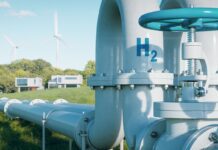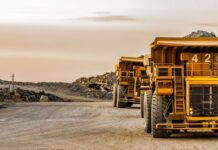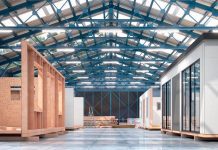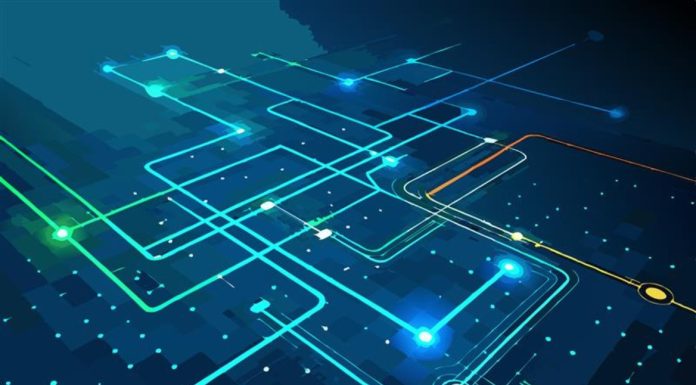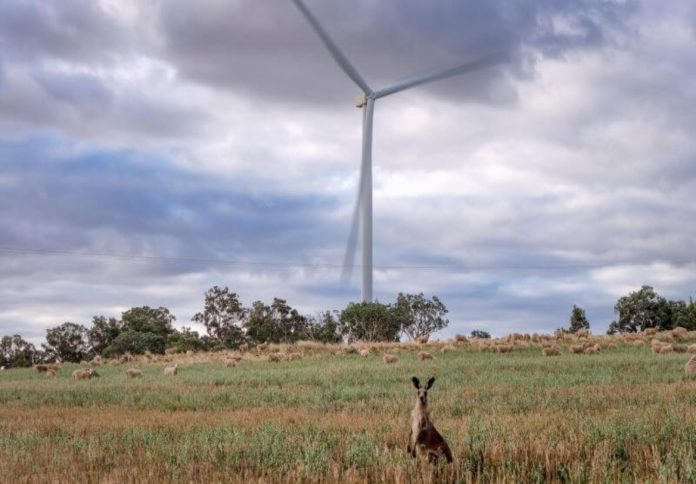
UNSW Sydney researchers will lead a renewable energy pilot project aimed at building Aboriginal community capacity in New South Wales’ Central-West Orana, as part of efforts to support the development of the state’s first renewable energy zone (REZ).
Spanning about 20,000 square kilometres on Wiradjuri, Wailwan and Kamilaroi land, the Central-West Orana REZ is being coordinated by the NSW Government to bring together renewable energy generation projects such as wind and solar, alongside storage infrastructure like batteries, and connect them to the grid.
The project is led by UNSW’s Indigenous Land and Justice Research Group, in collaboration with EnergyCo, and will involve a series of workshops and a regional expo designed to increase Aboriginal community engagement in the renewable energy transition.
“Aboriginal Land Councils manage extensive land holdings, many of which are ideally suited for renewable energy developments such as solar and wind,” said Professor Heidi Norman, project co-lead and Director of the Indigenous Land and Justice Research Group at UNSW Sydney.
“With the right policy frameworks and support, Aboriginal communities – organising through their land councils – can play a transformative role in Australia’s energy transition.”
Between July and August, five Powershift workshops will be held with Local Aboriginal Land Councils and Aboriginal organisations in the region.
Participants will receive geospatial analyses of their land estates and information to support their understanding of opportunities within the renewable energy industry.
The initiative will culminate in a regional expo at the Dubbo Convention Centre on 4 September 2025, hosted in partnership with EnergyCo’s First Nation Coordination and Outcomes Team.
The event will be open to the wider Aboriginal community and explore energy consumer rights, landholder opportunities, business partnerships, and project involvement.
Tim Stevenson, Senior Program Coordinator at EnergyCo, said the initiative was developed in response to calls from the Central-West Orana Aboriginal Working Group.
“This initiative directly responds to the call for capacity-building support to engage meaningfully in the renewable energy transition,” he said.
“We want to equip land councils with accessible information, geospatial analysis of their land estate, and technical expertise to shape their energy futures and unlock the benefits of strategic partnerships.”
The expo will cover a broad range of topics, including the basics of the renewable energy sector, employment and training pathways, economic development models, and direct engagement with project proponents.
Professor Leanne Holt, UNSW Deputy Pro Vice-Chancellor and a Worimi/Biripi woman, said the project represents a respectful and reciprocal approach to research collaboration.
“The work of the Indigenous Land and Justice Research Group exemplifies how universities can walk alongside Aboriginal communities in ways that are grounded in respect, reciprocity and societal impact,” she said.
“Workshops adopt a ‘knowledge exchange approach’, where Indigenous knowledge is fundamental and community priorities guide research and the exploration of options in renewable energy transition.”


